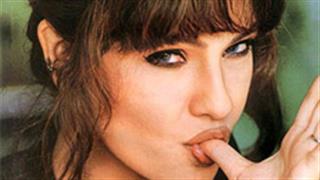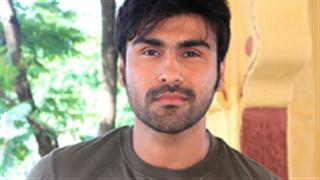Over the past five years, Bollywood has witnessed an upsurge in film marketing and promotion. Artist involvement is indispensable due to the pressure of making maximum collections in the opening weekend.
For Shahid Kapoor, who was on a multi-city tour to promote his father Pankaj Kapoor's directorial debut "Mausam", "promotions are the worst part of being an actor".
"When you're promoting a film, you end up asking yourself - 'Is this what I signed up for?' It is 10 times more tedious than shooting a film," Shahid told. "I'm a creative person. Even if sometimes I shoot for 20 hours a day, sometimes shoot in extremely difficult situations, at the end of the day, I act in front of the camera. That gives me professional satisfaction!
"But when I promote a film, there's no creativity. The only creativity you can try is answering the same question in seven different ways, and I am trying very hard to do that creatively. It's difficult," added the 30-year-old, who says he catches up on lost sleep whenever he travels by air during promotions.
Nowadays stars travel to at least six cities, interact with a minimum 20 journalists at each place, visit malls and theatres to meet and greet fans. If that's not enough, they even travel offshore, thanks to worldwide releases.
Even old-timers Amitabh Bachchan and Dharmendra, who remained inaccessible during their prime, feel there's no escaping promotions nowadays.
"Stars and actors were introduced to the audiences through film. The first impressions were unnatural. Large screens, darkened theatres, and acts being performed that were the epitome of fantasy. There was a mystery around these exalted bodies. But now, say the purists, that has disappeared," Amitabh once wrote on his blog.
"It's all about how you market yourself. It has become the bigger tool...10 percent talent, 1,000 percent marketing and you are through. In my most formative years in the industry, I shunned every advertising offer. For me, my creativity, the little that I possessed, needed to be kept in pristine condition. But look at me now - advertising, film, TV, branding, mobile, internet, blog, moblog, twitter, Bachchan Bol..." he added.
His "Sholay" co-star Dharmendra said: "Filmmakers have made the audience so used to promotions that if a film is not promoted at a certain level, people feel that the film is not worth watching."
Bollywood's gag bag Govinda, who is much younger to them, admits the scene has changed drastically.
 "Publicity drama has become a very important part for any film now. Earlier, it was not so. I always thought that after completing
my shooting, my work is over. But now, from the time you sign the project till the film hits the screen, you have to be on your
toes. Film promotion is a tough job but is a necessity now," he told.
"Publicity drama has become a very important part for any film now. Earlier, it was not so. I always thought that after completing
my shooting, my work is over. But now, from the time you sign the project till the film hits the screen, you have to be on your
toes. Film promotion is a tough job but is a necessity now," he told.Just over a decade ago, things were different, says filmmaker Sanjay Leela Bhansali who recalls approaching only a few media houses for interviews for "Hum Dil De Chuke Sanam" in 1999.
"We didn't do any marketing. We released the trailer only three months in advance. Since there were few channels, we didn't have to go from TV channel to channel, or radio channel to radio channel or newspaper to newspaper.
Actually, at that time, people didn't go to the theatres because somebody came and said: 'I have made this film...go watch it please.' But today it is demanding, it's different...you've to talk so much more," Bhansali said.
No wonder superstar Shah Rukh Khan tied up with over 25 brands to market his mega-budget production "RA.One" and made appearances galore across all mediums to promote it.
But does the key to success lie in over-promotion?
"I don't know what is the limit. Sometimes, going overboard works. For some, going to every reality show, doing every possible interview...that's not going overboard...that's the right way! For some, creating controversy is the way...But all said and done, promotion is important," said Bhansali.



















